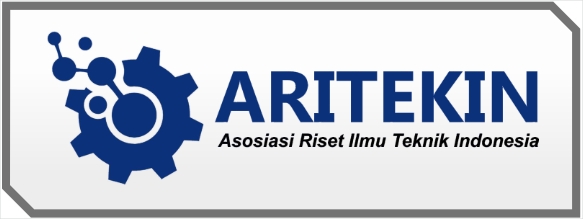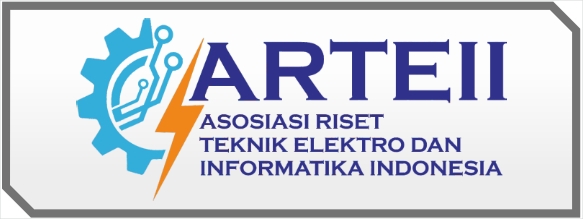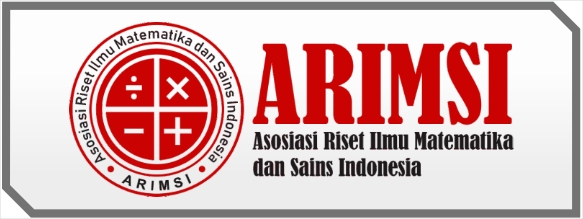Pengaruh Kepemimpinan Berbasis Nilai-Nilai Islam Dalam Efektivitas Manajemen Komunikasi Organisasi
DOI:
https://doi.org/10.59581/jmk-widyakarya.v2i1.2042Keywords:
Leadership, Communication, organizational GoalsAbstract
Leadership based on Islamic values is a type of leadership that is based on Islamic values such as morality, justice, consideration, and honesty. Organizational communication isimportant to achieve organizational goals effectively and efficiently. Organizational communication management involves planning, organizing, implementing, and monitoring all communication channels within an organization. The methoud used is qualitative method. Qualitative methods are methods that focus ondetailed observations of the impact of leadership based on Islamic values on the effectiveness of organizational communication management, which can have a positive and important impact on Islamic organizational culture. Emphasis on justice, honesty, loyalty, and responsibility are the pillars of Islamic leadership. The main aspects and theories of leadership in islam include several aspects that provide a foundation for leadersto guide and motivate members of organizational. This research aims to investigate the influence of leadership based on Islamic values on the effectiveness of communication management in an organization. The research method used was a survey of employees from several organizations in Indonesia. The research results show that leadership based on Islamic values has a significant influence on the effectiveness of organizational communication management. Leaders who integrate Islamic principles in their leadership are able to create an inclusive work environment, increase trust, and facilitate the effective flow of information. This research provides a better understanding of the importance of Islamic values in strengthening the relationship between leadership and communication management in an organizational context.
References
Asriadi, A. (2020). Komunikasi Efektif Dalam Organisasi. RETORIKA : Jurnal Kajian Komunikasi Dan Penyiaran Islam, 2(1), 36–50. https://doi.org/10.47435/retorika.v2i1.358
Fadhli, M. N. (2021). Strategi Komunikasi Organisasi Di MIS Azzaky Medan. Ability: Journal of Education and Social Analysis, 2(2).
Fauzi, F., Iba, Z., & Sutoyo, S. (2021). IMPLEMENTASI MANAJEMEN KOMUNIKASI DALAM ORGANISASI. Jurnal Ilmiah Manajemen Muhammadiyah Aceh, 10(2). https://doi.org/10.37598/jimma.v10i2.896
Fitri Wahyuni, & Binti Maunah. (2021). Kepemimpinan Transformasional dalam Pendidikan Islam. Southeast Asian Journal of Islamic Education Management, 2(2). https://doi.org/10.21154/sajiem.v2i2.51
Hasanah, U. (2018). Pengaruh Komunikasi Organisasi dan Efektivitas Kepemimpinan terhadap Kinerja Agen di AJB Bumiputera 1912 Divisi Syariah Cabang Sidoarjo. Jurnal Ilmu Komunikasi, 8(2), 143–158. https://doi.org/10.15642/jik.2018.8.2.143-158
Juwita Ramayanti. (2020). Pengaruh gaya kepemimpinan guru dalam mengajar terhadap hasil belajar siswa pada mata pelajaran Aqidah Akhlakdi Madrasah Aliyah Muhammadiyah Metro. Bussiness Law Binus, 7(2).
Lubis, W. U., & Zulkarnain, Z. (2018). PENGARUH KEPEMIMPINAN TRANSFORMASIONAL DAN KUALITAS KEHIDUPAN KERJA TERHADAP KOMITMEN ORGANISASI. Jurnal Penelitian Bimbingan Dan Konseling, 3(1). https://doi.org/10.30870/jpbk.v3i1.3198
Mardianty, D., Nurjannah, H., Susanti, E., & Nur Agia, L. (2022). Pengaruh Gaya Komunikasi Dan Kepemimpinan Islam Terhadap Budaya Organisasi Islam Dalam Persepktif Islam Pada Lingkungan Universitas Islam di Pekanbaru. Jurnal Ekonomi KIAT, 32(2). https://doi.org/10.25299/kiat.2021.vol32(2).8843
Mubarok, S. (2021). Prinsip Kepemimpinan Islam dalam Pandangan Al-Qur’an. Al Muhafidz: Jurnal Ilmu Al-Qur’an Dan Tafsir, 1(1). https://doi.org/10.57163/almuhafidz.v1i1.2
Nurgilang, Y. S., Kosim, A. M., & Hakiem, H. (2018). PENGARUH GAYA KEPEMIMPINAN DAN MOTIVASI KERJA TERHADAP KINERJA KARYAWAN DALAM PERSPEKTIF ISLAM. NISBAH: JURNAL PERBANKAN SYARIAH, 4(1). https://doi.org/10.30997/jn.v4i1.1120
Olifiansyah, M., Hidayat, W., Dianying, B. P., & Dzulfiqar, M. (2020). Kepemimpinan dalam Perspektif Islam. EL-HIKMAH: Jurnal Kajian Dan Penelitian Pendidikan Islam, 14(1), 98–111. https://doi.org/10.20414/elhikmah.v14i1.2123
Tampubolon, M. (2022). Dinamika Kepemimpinan. SKYLANDSEA PROFESIONAL Jurnal Ekonomi …, 2(1).
Wahyunie, S., Kanto, S., & Kriyantono, R. (2015). Pengaruh Iklim Komunikasi Organisasi Terhadap Efektivitas Komunikasi Interpersonal Dan Kepuasan Kerja (Studi Eksplanatif di Dinas Kebudayaan, Pariwisata, Pemuda dan Olah Raga Kabupaten Gunung Mas Kalimantan Tengah). Wacana, Jurnal Sosial Dan Humaniora, 18(02), 102–115. https://doi.org/10.21776/ub.wacana.2015.018.02.4
Widyastuti, A., & Budiharto, S. (2023). Peran Etika Kerja Islami Terhadap Komitmen Organisasi: Reviu Literatur. Journal of Islamic and Contemporary Psychology (JICOP), 3(1s), 144–157. https://doi.org/10.25299/jicop.v3i1s.12354
Yasir, M., Maulida, N., & Jasmi. (2022). Pengaruh Nilai-nilai Islam terhadap Budaya Organisasi. Langgas: Jurnal Studi Pembangunan, 1(1). https://doi.org/10.32734/ljsp.v1i1.8164
















